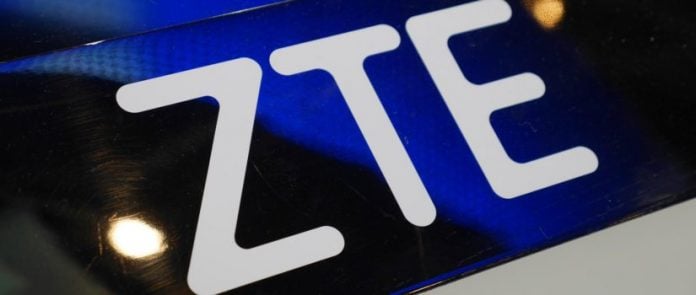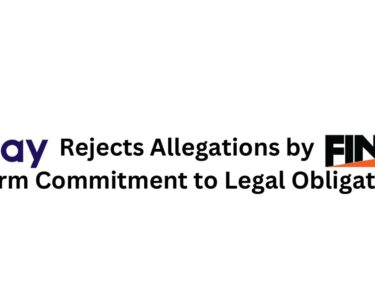U.S. probing ZTE following Huawei for possible Iran sanctions violations. Huawei, world’s third largest smartphone seller is in the trouble once again as the U.S. Department of Justice is investigating if Chinese tech company violated U.S. sanctions in relation to Iran, the Wall Street Journal reported on Wednesday.
However, according to Journal, It was uncertain as how far the department’s criminal investigation had advanced and what allegations the federal agents were exploring, said people familiar with the matter.
The Department of Justice refused to comment on this matter. Huawei, on the other hand was not immediately available for comment.
Last week U.S. authorities cut off supply chain for ZTE and banned American companies from selling to Chinese smartphone maker ZTE Corp for 7 years. The ban was a result of violating US agreement with US, in which the Chinese company had broken a settlement agreement associated to Iran sanctions with repeated false statements.
Huawei said that it complies with “all applicable laws and regulations where it operates, including the applicable export control and sanction laws and regulations of the UN, US and EU.”
Must Read: Intelligence agencies in the United States warn people from using devices from Huawei or ZTE
Moreover, Commerce Department reached last year after Chinese company appealed guilty in federal court for working against and violating U.S. sanctions by illegally shipping U.S. goods and technology to Iran.
In addition, it also released internal company documents about the detail of how the electronic equipment maker had done it. It also suggested the trouble might not be limited to one Chinese company.
ZTE, which sells smartphones in the United States, had paid $890 million as a fine and penalties, and according to recourses, an additional penalty of $300 million could also be imposed.
We have already seen such misconduct in recent past because in 2016, the Commerce Department made documents public revealing ZTE’s wrongdoing and how a second company, identified as F7, had dodged U.S. export controls.
According to ten lawmakers, the company named F7 believed F7 Huawei; they claimed it in a letter to the Commerce Department in 2016.
Now, under cybersecurity concerns both companies have been under scrutiny by U.S. lawmakers.




